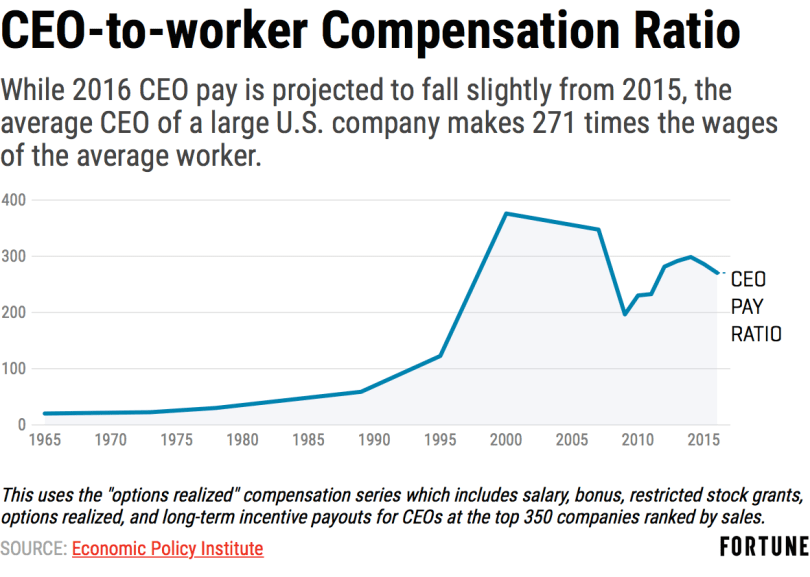I get it very well, thanks. I'm making no assumptions, I'm observing human nature and reporting from my own first-hand experience. You have to reward greater endaevour, greater contribution, and, yes, greater risk. All to an appropriate degree. To say otherwise is to sign up to the fundamental Marxist "from each/to each" ideology, which we all know does not work. I like my job, I work very hard and the rewards are not all monetary. However I am aware that I work bloody hard for what I do, with zero job security beyond being able to get another job, and I could just as well get a secure job 1 mile from home at Morrison's Head Office doing some food based technical job. I'd get sickpay, employment protection, pension, etc. One of the reasons I don't, and one of the reasons you will find me living in hotels, getting home at 8pm on Fridays, etc, is that my pay packet reflects the downsides and is generous enough to cover the voids, such as the 6 month hiatus due to Covid last year. Without that, forget it. I take a risk. That risk has a cost, and I have paid the price for that risk in terms of income voids, unpaid invoices, etc. I'm only taking that risk if the juice is worth the squeeze. Who would say otherwise?
Your other point that the current neoliberal approach undervalues some jobs and overvalues others, we all know. Tories gotta Tory. Like I said earlier, "You knew damn well I was a snake".
So, as ever, it's a question of degree.



